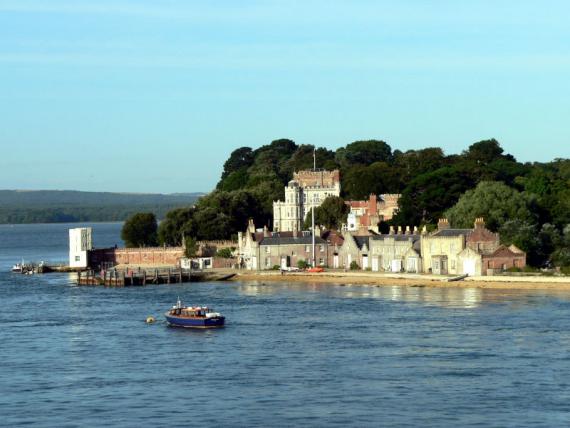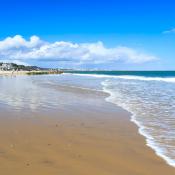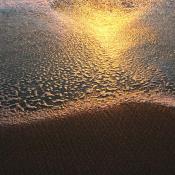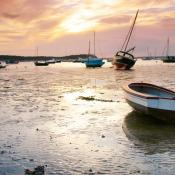Brownsea Island - Poole Harbour
Brownsea Island is the largest of eight islands formed out of mud and sand deposits in Poole harbour.
The first known inhabitants of Brownsea Island were ninth century monks who built a small chapel and hermitage dedicated to St Andrew. A few hundred years later King Canute used it as a base from which to sack Wareham and Cerne Abbey. William the Conqueror gave Brownsea to his half-brother, after which it passed into the hands of Cerne Abbey, who held onto it for three hundred and fifty years, until the dissolution of the monasteries in 1539. Henry VIII noticed the strategic importance of the island and built a blockhouse from which to defend Poole Harbour. The blockhouse eventually came to be known as Brownsea Castle.
After the civil war Brownsea passed into private ownership, changing hands over the next four centuries with baffling frequency. Gardens were created, a pottery was established and abandoned, the village of Maryland was built and left in ruins, a new pier with castellated watch towers was constructed, St Mary's church was added, the castle burned down and was rebuilt, and Robert Baden-Powell hosted the first ever scout camp in 1907.
Scouts continued to camp on Brownsea until the 1930s, when the island was sold to the reclusive Mary Bonham-Christie, who ordered the mass eviction of nearly three hundred permanent inhabitants, closed the island to all visitors and turned it into a nature reserve. Although nicknamed 'the Demon of Brownsea' many have come to view her as the saviour of Brownsea Island, preventing it going the way of nearby Sandbanks. When she died in 1961 her grandson gave Brownsea to the government to pay her death duties, who in turn gave it to the National Trust.
With the exception of the castle and a nature reserve managed by the Dorset Wildlife Trust, Brownsea Island is now open again to visitors. Access is by public ferry from Poole or private boat. There is a wharf and a small dock near the main castle. The island's five hundred acres of pine and oak woodland, heathland and salt marsh provide habitats for a wide variety of species including indigenous red squirrels.
In August 2007, Brownsea Island was the focus of worldwide scouting celebrations, with four camps set up on the island, including a replica of the original 1907 camp. Hundreds of scouts and guides from a hundred and sixty countries attended the celebrations.
Poole











